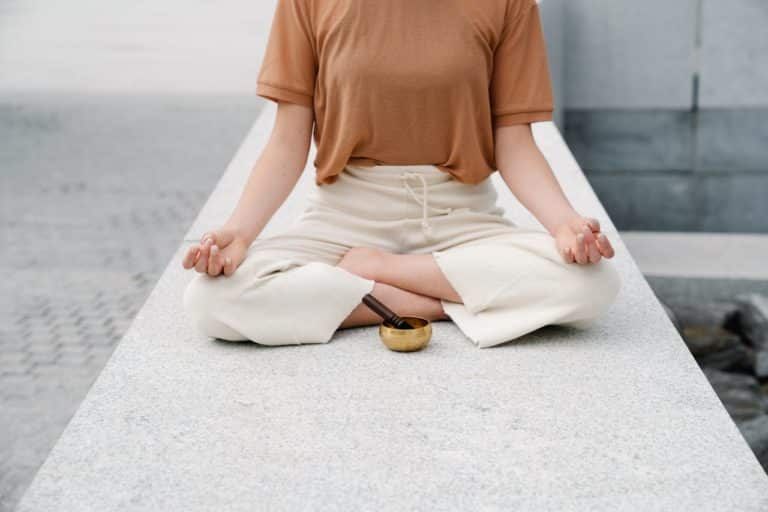Animal Consciousness Proven in Bees, Fish, and Crabs
Bees play with wooden balls for fun. Fish recognize themselves in mirrors. Octopuses avoid places where they experienced pain. These aren’t random behaviors—they’re signs of consciousness that scientists can no longer ignore. Nearly 40 leading researchers just signed the New York Declaration on Animal Consciousness, stating that creatures from honeybees to lobsters likely have inner…






















